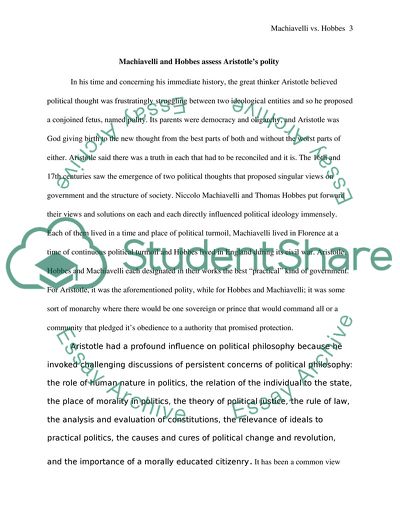Cite this document
(Machiavelli and Hobbes Assess Aristotles Polity Case Study - 1, n.d.)
Machiavelli and Hobbes Assess Aristotles Polity Case Study - 1. https://studentshare.org/philosophy/1712514-political-theory
Machiavelli and Hobbes Assess Aristotles Polity Case Study - 1. https://studentshare.org/philosophy/1712514-political-theory
(Machiavelli and Hobbes Assess Aristotles Polity Case Study - 1)
Machiavelli and Hobbes Assess Aristotles Polity Case Study - 1. https://studentshare.org/philosophy/1712514-political-theory.
Machiavelli and Hobbes Assess Aristotles Polity Case Study - 1. https://studentshare.org/philosophy/1712514-political-theory.
“Machiavelli and Hobbes Assess Aristotles Polity Case Study - 1”. https://studentshare.org/philosophy/1712514-political-theory.


